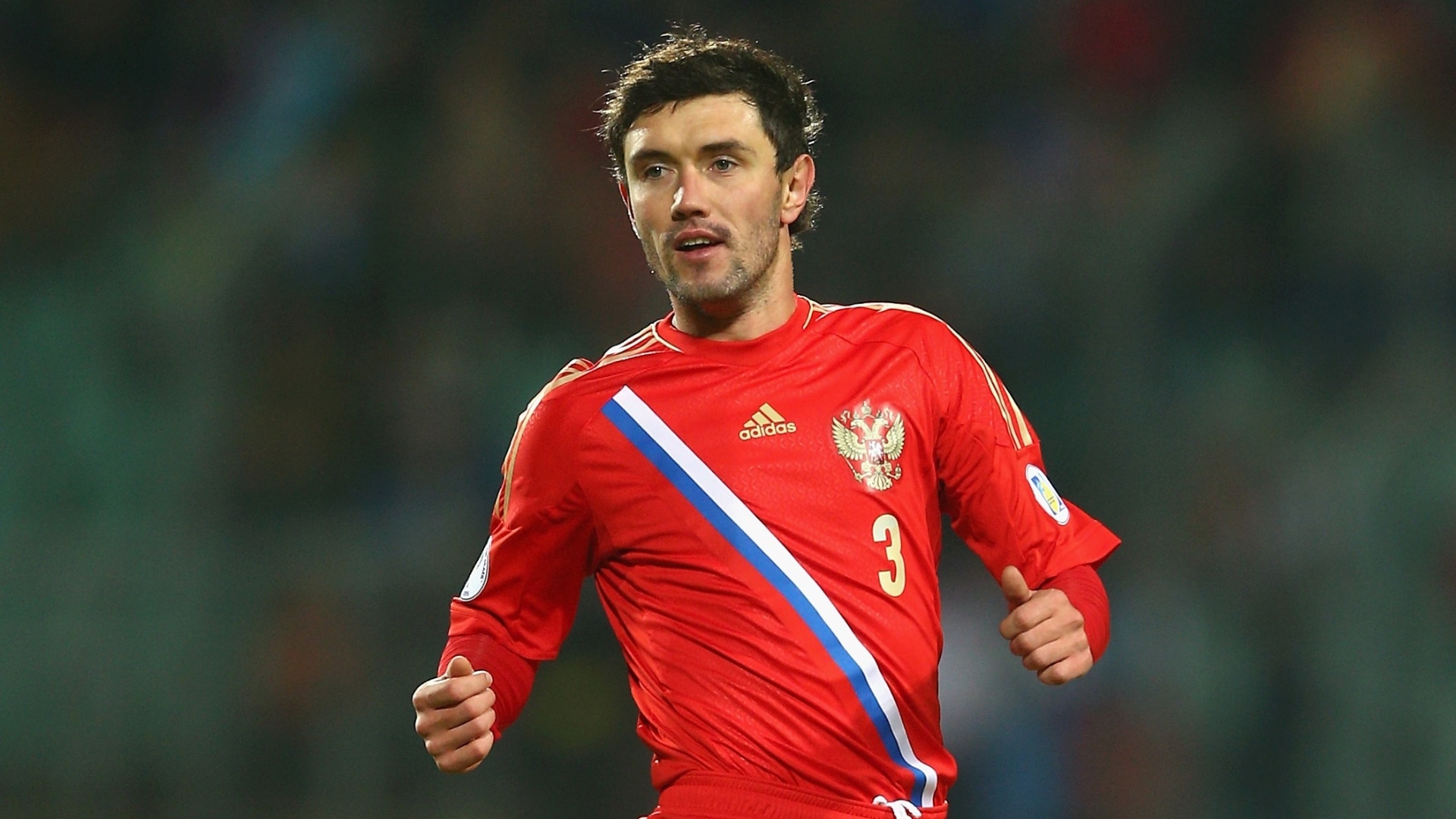In Russia, head coaches are usually natives. Only a handful of clubs are willing to employ foreign tacticians to lead teams. Kirsan Ilyumzhinov was the first club president to break such unspoken rule 16 years ago. He gave Boris Bunyak, a Serbian, the privilege of being the first foreign coach. However, the fairytale ended in a disappointing note as Bunyak could only help the club – Uralan – garner two points after 16 matches.

Yugoslavians were employed next with Slavoljub Muslin and Miodrag Bozovic leading in popularity in Russian fooball. Bozovic won the Russian Cup leading FC Rostov all the way. He reached a final with Amkar. There have been Italians in Luciano Spaletti, Nevio Scala, and Massimo Carrera. Romanian managers have tried their best even though it might not have been as successful.
For managers from Czech Republic, Netherlands and Portugal, it’s been fulfilling and disappointing. Czech’s Pavel Vrba is aiming new heights with Anzhi, Vlastimil Petrzela has been decent for Zenit. Another Czech Republic manager Jaroslav Hrebik started well with Dynamo Moscow but he was quickly fired after 16 games in charge.
Portugal’s Artur Jorge helped Yuri Zhirkov and the rest of the CSKA team but no other special thing. Jose Couceiro and Villas Boas managed Russian Championship teams, aside top clubs in the past.
Spain nationals are always painted as being bad in the Russian media. Javier Gracia started with difficulty despite having an unlimited budget but he has been decent of late at Rubin. Spartak Moscow were impatient with former Sevilla manager Unai Emeri. Before Gracia’s employment, Spanish coaches rarely stayed long in mother Russia before exiting. Juande Ramos left the employ of CSKA after only two months in charge. Leonid Slutsky is even rumoured to be on his way out. From the analyses, it seems to be about the personalities than the countries involved, even though coaches of certain nationalities have had their allegiance influencing their stay in Russia.
